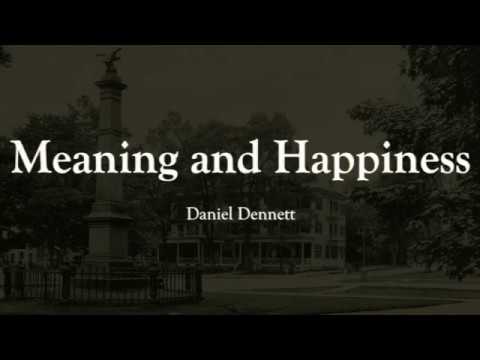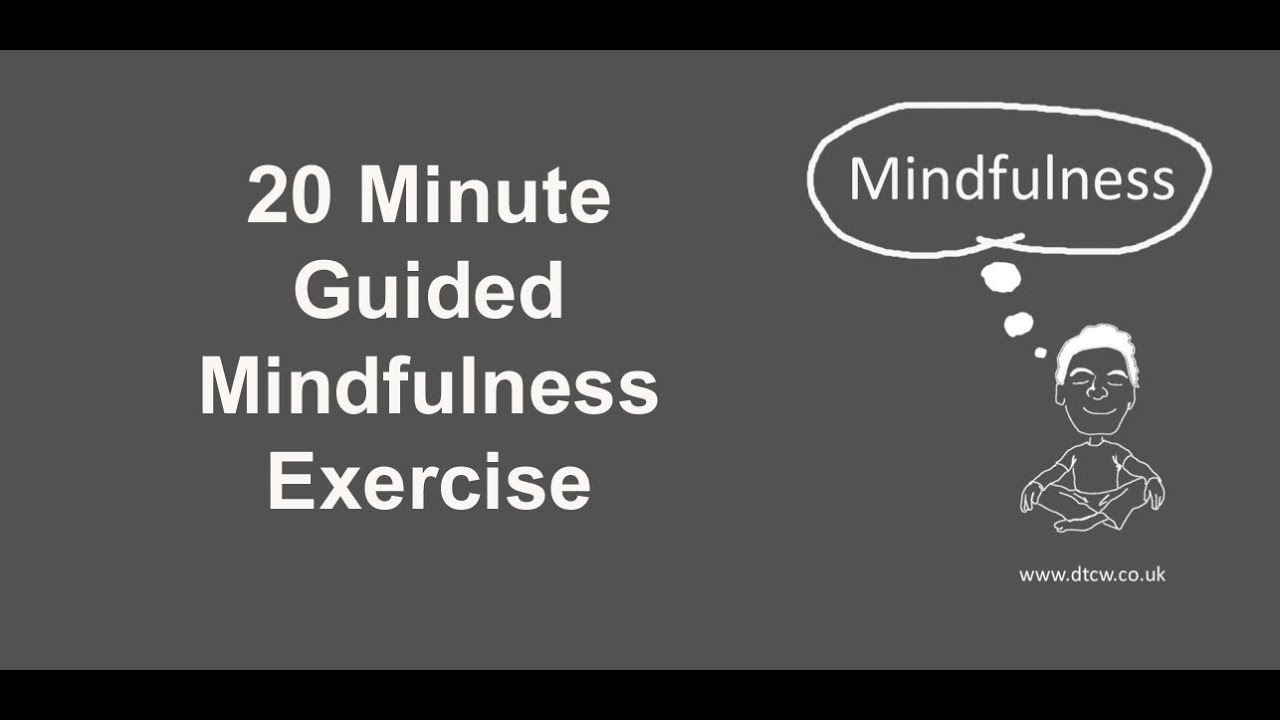Sean Carroll
Discussion surrounding meaning at the Moving Naturalism Forward workshop, October 2012. Participants include Sean Carroll, Jerry Coyne, Richard Dawkins, Terrence Deacon, Simon DeDeo, Daniel Dennett, Owen Flangan, Rebecca Goldstein, Janna Levin, David Poeppel, Massimo Pigliucci, Nicholas Pritzker, Alex Rosenberg, Don Ross, and Steven Weinberg.
Visit https://www.preposterousuniverse.com/naturalism2012 for more information.
Source




Dennett is so far away from the cruel reality of poor disabled chronically ill people like. e, it hurts. Of course we can measure wellbeing and of course we can use units for it.ä, and of course they are related to money because in some way or the other they are usually all bought with money in the end. i have not enough money to buy sufficent food, to rent an appartment, to pay for the healthcare i need or for the treatment and rehabilitation, or for thetechnical equipment to compensate for my disabilities or for better education or for inviting friends or for paying for anything that i am interested in and that could be fulfilling or for transportation to visit someone else etc. it is these basic things that need to be fulfilled for a good life, there is no way around it. if you are in pain every day every minute because you cannot afford any treatment , you will not be happy, and nobody wants to be your friend, either.
oh come on, paraplegics are acknowledged disabled, so they ar respected and admired and receive benefits. try the same survey on for example ME patients. they have the worst life because this is a nonacknowledged disability, they suffer and nobody accepts it and they do not receive benefits and are not heard and not understood.
oh no, comparing paraplegic to millionaires instead of other people, what a lot of rubbish. that is not the right comparison. if anything, compare them to ordinary people and you may vary income and diseases or disabilities to find out what is most damaging and most helpful to a good life, but i can tell you already, if you do not have the money to make your disability bearable by buying compensation by technical equipment or human aid, you will be miserable. if you do not have enough money for treatment or for lodging or for healthy food, you will be miserable. we all know that the money curve is very much correlating with happiness and good life at the lower end and only flats out or even anticorrelates at the very high end, viewed from the perspective of poor people like myself. i cannot even imagine what it feels like to be not hungry all the time, what it feels like to have enough money to pay for all necessary medical treatment, what it feels like to be able to afford all education i would like to have, what it feels like to have enough money to make friends ….you need money to make friends because you need money to visit them or to write to them or to invite them etc.
no, it is not the paraplegic of doing a good job of reconsidering what is important but their environment of doing a good job of integrating them, caring for them, assisting them, loving them, not discarding them, giving them everything they need to survvive and more. This is thee point, i mean the point is that the person provided for and protected and cared for and respected will have a good life while the person discarded by society and not provided for , not protected, not cared for and not respected will have a bad life. This is NOT an achievement of the paraplegic but of society in provind for the paraplegic. However, most other disabilities and illnesses are much less cared for. But ultimately, you rely on money or on society to provide you everything you need , everything you would otherwise buy with money yourself. if you want to talk about meaning and happiness and fulfilment, you have to consider the bad life, not the already good life.